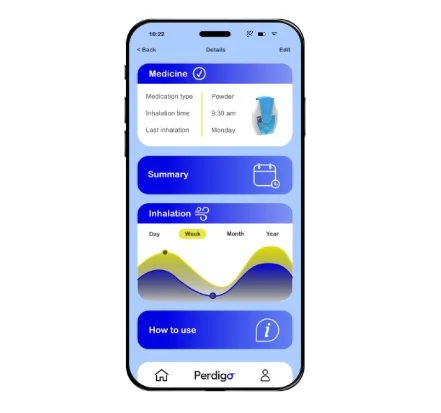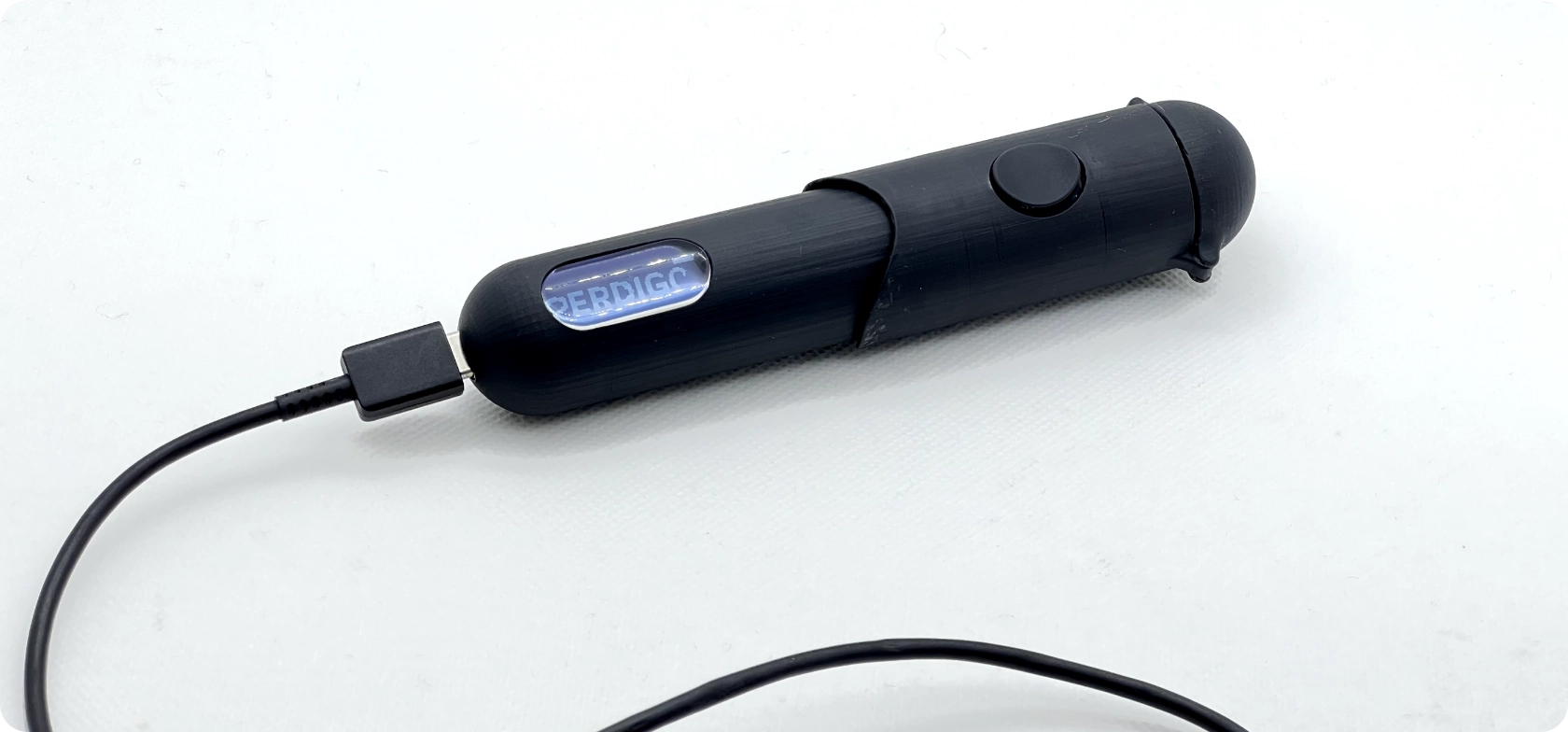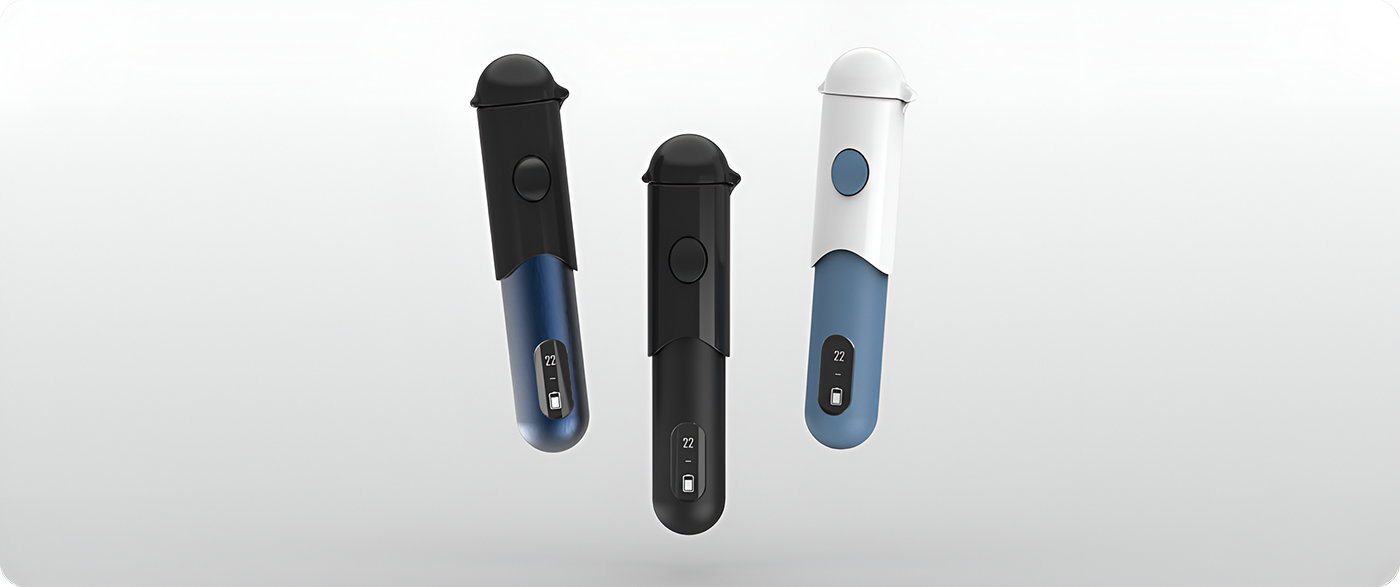The Context
Connected Medical Devices hold a lot of promise, including increased user engagement, real-time monitoring, and Artificial Intelligence integration. By enabling remote patient monitoring in real-time, connected devices become an integral part of the digital health ecosystem and may also facilitate the transition to value-based healthcare.
The Challenge
From a human factors perspective, connected devices used for remote patient monitoring also hold substantial challenges. Among them, connecting the device to the Internet stands out not only as a hurdle for the patient but also a high risk of total loss of function.
Internet connectivity is typically essential for the connected medical device to report patient data to its cloud platform. Feedback, on the other hand, can be relayed back to the patient via mobile app.
Typical ways to ensure internet connectivity include using a chorded base station, cellular data connection, or Bluetooth pairing with the user’s phone. These methods are either prohibitively expensive to scale up or burdensome to set up.
Perdigó's Approach
Perdigó’s Wayra is an innovative connectivity platform that simplifies the integration of connected medical devices into daily life. Using Near Field Communication (NFC) technology, it enables effortless data synchronisation between the device and its cloud platform, eliminating the need for additional pairing steps and operating costs.
With just a tap of the device on the user’s phone, the user sends all device data to the cloud and, in the same action, obtains feedback on a web-app that automatically pops up.


Delivered Value
The Wayra platform enhances usability, streamlines healthcare interactions, and ensures strong connectivity between patients and healthcare professionals, improving patient engagement and overall outcomes.
This revolutionary and inexpensive connectivity technology is available for integration into new and existing devices.
For demonstration purposes, the Wayra technology was integrated into an inhaler, which was presented at the international conference Drug Delivery to the Lungs (DDL) in December 2023.

